Stainless Steel 420 Bars can be heat treated and offer exceptional strength and hardness properties, making them suitable for various industrial uses, such as shaft manufacturing. Their machinability and weldability further enhance their versatility in engineering projects; furthermore their good dimensional stability contributes to widespread adoption by aerospace and automotive industries alike.
Stainless Steel 420 bars are renowned for their exceptional corrosion resistance and high strength, making them a popular choice across various industries. Composed largely of chromium and carbon elements, 420 bars boast durable hardness as well as resistance against wear-and-tear damage and are therefore suitable for applications requiring robust materials.
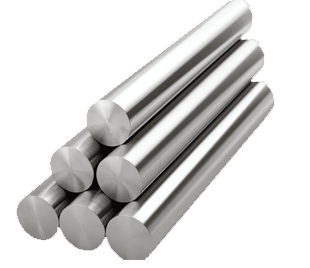
One outstanding characteristic of Stainless Steel 420 bars is their outstanding machinability. This allows for simple fabrication into desired shapes and sizes, making these bars suitable for multiple manufacturing processes - whether making precision components or heavy machinery parts these bars can be machined efficiently to maximize production efficiencies and ensure success of production runs.
Stainless Steel 420 bars stand out due to their ability to resist many different chemical environments, from organic acids and alkalis to mild acids and mild bases. Their corrosion resistance prolongs their lifespan in environments exposed to harsh chemical environments; as such they find applications such as chemical processing.
Stainless Steel 420 bars exhibit excellent formability, making it easy for them to be transformed into various products through processes such as forging, bending and rolling. Due to this versatility they're suitable for applications across industries like aerospace, automotive and construction - from structural components to decorative features Stainless Steel 420 bars provide design versatility.
Stainless Steel 420 bars' high tensile strength and hardness makes them the ideal materials for applications requiring sturdy materials capable of withstanding heavy loads, extreme conditions, such as in industries like oil and gas where equipment must operate reliably under demanding environments. Their strength-to-weight ratio contributes significantly to efficient designs used for engineering applications.
Heat treatment allows manufacturers to customize Stainless Steel 420 bars according to specific application needs and further enhance mechanical properties such as hardness and toughness, expanding its versatility as an application solution. Manufacturers have the ability to customize its properties to meet the specific hardening requirements of cutting tools or enhance the ductility of components through this heat-treating capability, increasing hardness for cutting tools or expanding ductility capabilities for certain components - expanding Stainless Steel 420's versatility significantly.
Apple Steels, a renowned manufacturer and supplier of premium Stainless Steel 420 bars in Mumbai, India. These bars, renowned for their corrosion resistance and high strength, find widespread applications across various industries. With a composition featuring chromium and carbon, Stainless Steel 420 bars provide durability and hardness, making them a preferred choice for demanding applications.
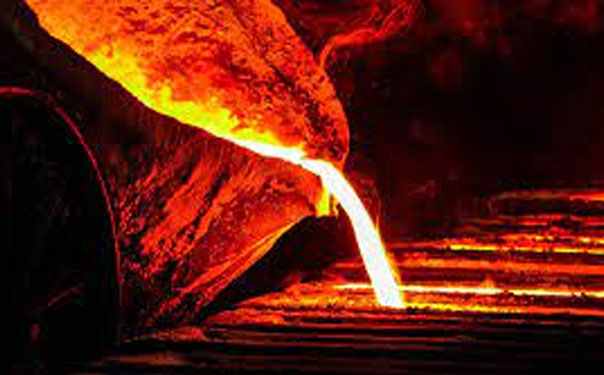
Melting and Casting
Steel and alloying metals are loaded into an electric arc furnace. Once in the furnace, the metal is heated to a specific temperature above its melting point, usually in excess of 2800°F.
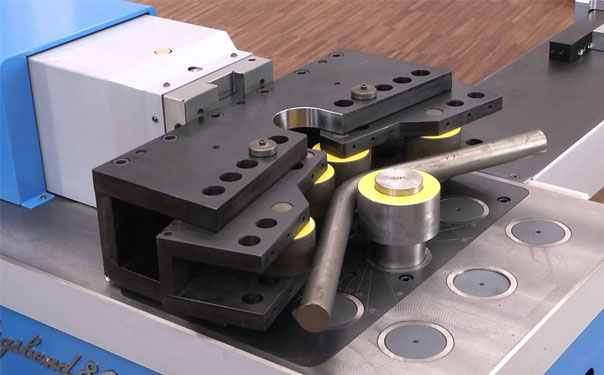
Forming
Most cast steel is formed by hot rolling—the slab, bloom, or billet is heated and passed through large rollers, stretching out the steel into a longer, thinner form.

Heat treatment
Heat treatment strengthens rolled stainless steel by recrystallizing the deformed microstructure. Most stainless steel is heat treated by annealing.
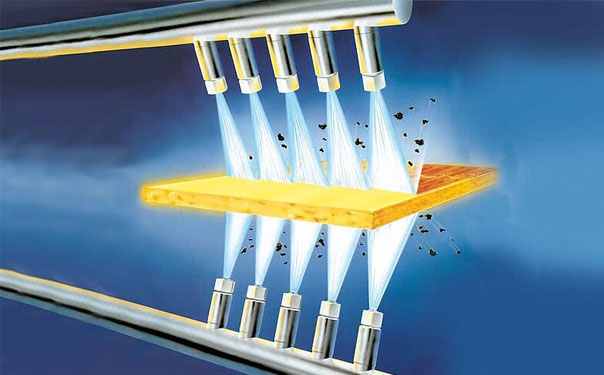
Descaling
A rolled piece of stainless steel acquires a layer of oxidized “mill scale,” which needs to be washed away to restore a shiny surface finish.
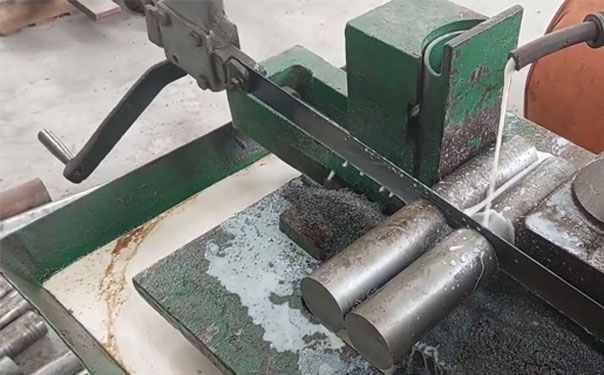
Cutting or Machining
Stainless steel is cut to a specified shape and size. The stainless steel can be sheared with circular knives, sawed with high-speed blades, or blanked with punches.
| SS Bar Wire Standard | ASTM A276 / A479, ASME SA276 / SA479 |
| Stainless Steel Bar Dimensions | EN, DIN, JIS, ASTM, BS, ASME, AISI |
| Stainless Steel Round bar size | Diameter: 3-~800mm |
| Stainless Steel Hex Bar size | 2-100mm A/F |
| SS Flat bar size | Thickness: 2 -100mm |
| Width: 10 to 500mm | |
| Stainless Steel Square bar size | 4 to 100mm |
| SS Angle bar size | 3mm*20mm*20mm~12mm*100mm*100mm |
| Hollow Bar | 32mm OD x 16mm ID to 250mm OD x 200mm ID) |
| Stainless Steel Rectangular Size | 33 x 30mm to 295 x 1066mm |
| SS Bars Finish | Cold (bright) drawn, centreless ground, hot rolled, smooth turned, peeled, slit rolled edge, hot rolled annealed, Rough Turned, Bright, Polish, Grinding, Centreless Ground & Black |
| SS Bar Tolerance | H8, H9, H10, H11, H12, H13K9, K10, K11, K12 or as per clients’ requirements |
| Tempers | Tempers range from dead soft annealed to ultra spring temper |
| Rolled Stainless Steel Flat Bars Condition | Hardened & tempered, annealed |
| Cold Rolled Bar Technique | Stainless Steel Hot Rolled, Cold Drawn, Cold Rolled, Forged Round Bar, Rod |
| Stainless Steel Rounds Bar Form | Round, Rod, T-Bar, Channel Bar, Precision Ground Bar, Flat Bar, Square, Blocks, Round Rod, Rings, Hollow, Triangle, Rectangle, Hex (A/F), Threaded, Half Round Bar, Profiles, Billet, Ingot, I/H Bar, Forging etc. |



| STANDARD | UNS | WNR. | JIS |
|---|---|---|---|
| SS 420 | S42000 | 1.4021 | SUS 420 |
| Grade | C | Mn | Si | P | S | Cr | Ni |
|---|---|---|---|---|---|---|---|
| 420 | 0.15 max |
1.00 max |
1.00 max |
0.04 max |
0.03 max |
min: 12.0 max: 14.0 |
- |
| Tempering Temperature (°C) | Tensile Strength (MPa) | Yield Strength 0.2% Proof (MPa) |
Elongation (% in 50mm) |
Hardness Brinell (HB) |
|---|---|---|---|---|
| Annealed * | 655 | 345 | 25 | 241 max |
| 399°F (204°C) | 1600 | 1360 | 12 | 444 |
| 600°F (316°C) | 1580 | 1365 | 14 | 444 |
| 800°F (427°C) | 1620 | 1420 | 10 | 461 |
| 1000°F (538°C) | 1305 | 1095 | 15 | 375 |
| 1099°F (593°C) | 1035 | 810 | 18 | 302 |
| 1202°F (650°C) | 895 | 680 | 20 | 262 |
| * Annealed tensile properties are typical for Condition A of ASTM A276; annealed hardness is the specified maximum. | ||||

Electrical Industry

Automotive Industry

Construction Industry

Defence Industry

Pharmaceutical Industry

Petroleum Industry

Petrochemical Industry

Milk & Dairy Industry
Austria, Azerbaijan, Belarus, Belgium, Bulgaria, Croatia, Cyprus, Czechia/Czech Republic, Denmark, Estonia, Finland, France, Germany, Greece, Hungary, Ireland, Italy, Latvia, Liechtenstein, Lithuania, Luxembourg, Malta, Moldova, Monaco, Netherlands, Norway, Poland, Portugal, Romania, Russia, Serbia, Slovakia, Spain, Sweden, Switzerland, Turkey, Ukraine, United Kingdom.
Afghanistan, Armenia, Azerbaijan, Bahrain, Bangladesh, Bhutan, British, China, Egypt, Hong Kong, India, Indonesia, Iran, Iraq, Israel, Japan, Jordan, Kuwait, Kyrgyzstan, Lebanon, Macau, Malaysia, Maldives, Mongolia, Myanmar, Nepal, North Korea, Oman, Philippines, Qatar, Russia, Saudi Arabia, Singapore, South Korea, Sri Lanka, Taiwan, Thailand, Turkey, United Arab Emirates, Vietnam.
Algeria, Angola, Botswana, Burkina Faso, Burundi, Cameroon, Central African Republic, Egypt, Eswatini, Ethiopia, Gambia, Kenya, Liberia, Libya, Madagascar, Mauritania, Mauritius, Morocco, Mozambique, Namibia, Niger, Nigeria, Rwanda, Senegal, Seychelles, South Africa, Tanzania, Tunisia, Uganda, Zambia, Zimbabwe.
Antigua and Barbuda, Bahamas, Barbados, Belize, Canada, Costa Rica, Cuba, Dominica, Dominican Republic, El Salvador, Grenada, Guatemala, Haiti, Honduras, Jamaica, Mexico, Nicaragua, Panama, Saint Lucia, Saint Vincent and the Grenadines, Trinidad and Tobago, United States of America, Argentina, Bolivia, Brazil, Chile, Colombia, Ecuador, Guyana, Paraguay, Peru, Suriname, Uruguay, Venezuela.